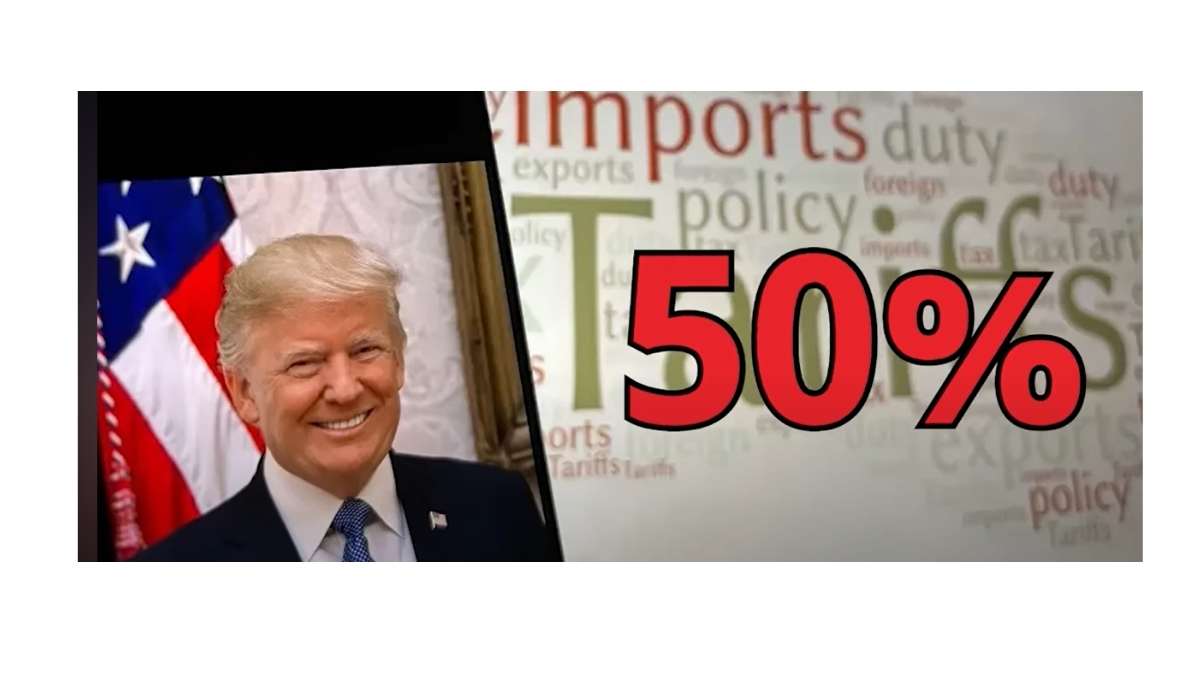Trump has done what no US president has done before him. He has targeted each of the founding members of the BRICS with high tariffs. Brazil, South Africa, India, Russia and China. All five face US trade penalties. BRICS leaders have called Prime Minister Modi to discuss a joint response with Brazil’s Lula da Silva. The founding members of the BRICS, Brazil, Russia, India, China and South Africa account for more than 40% of the world’s population and about a quarter of global GDP. Trump has now hit them all. Brazil faces 50% tariffs on steel, aluminium and agricultural exports to the US. Russia, which has had a comprehensive trade embargo since 2022, is now expanding to new sectors. India has imposed 50% tariffs on a wide range of goods, citing its purchases of Russian oil. China is threatening to impose 100% secondary tariffs on oil trade with Russia and South Africa, raising tariffs on metals and chemicals, accusing Pretoria of arming Putin’s war machine. The message for the US is unity through punishment. For the BRICS, it is unity through resistance. Amid rising tensions, Brazilian President Lula spoke directly to Prime Minister Modi this week. Brazil’s readout said the two leaders discussed a coordinated response to the one-sided trade regime. India did not release details, but officials confirmed the call. They also talked about currency cooperation and alternative payment systems to avoid the US dollar. Lula, the BRICS founder, is pushing the bloc to become a counterweight to the G7 and sees Trump’s tariffs as an opportunity to deepen solidarity. One of the biggest tools in BRICS’ counter-strategy is currency diversification. At last year’s summit, members agreed to increase trade and local currencies and reduce reliance on the US dollar in crossbar settlements. Russia already sells oil to India in rupees. China and Brazil have a yuan real clearing system. South Africa conducts trade with its neighbours in rands. Donald Trump’s sweeping tariffs are now accelerating these tests, pushing the bloc to distance itself from US financial benefits. China remains the bloc’s biggest economy and Washington’s main target. Trump has threatened to impose 100% secondary tariffs if Beijing fails to reduce its oil imports from Russia. But China’s trade with Moscow is set to hit a record high of more than $240 billion in 2024, making compliance impossible for India and Brazil. This creates an uneasy balance. Both countries compete with China for export markets, but Beijing also needs to counter US dominance. For Russia, US tariffs are nothing new. It has been under heavy sanctions since its invasion of Ukraine, but the bloc offers Moscow a diplomatic lifeline. Putin has openly called for using bricks to dismantle Western monopolies and the global economy. Russian officials are lobbying for a domestic brick payment platform, which would be immune to swift sanctions. South Africa has faced repeated US accusations of supplying arms to Russia. It denies the charges. The latest American tariffs on metals and chemicals are seen as political punishment in the country. The South African government has said it will not be forced to abandon its non-aligned stance. The BRICS remains a loose grouping of diverse interests. India and China are locked in a border standoff. Brazil and South Africa rely heavily on Western export markets. But Trump’s tariffs could create a rare common cause. Trade ministers from the five countries are expected to meet in Moscow next month to discuss collective action, including challenging the WTO, counter-tariffs and expanding currency swap lines. The United States has said its aim is to isolate its friends and put pressure on Russia. But by targeting all the brick founders, Washington may be encouraging them to act like a real economic bloc rather than just a diplomatic club. The danger for the United States is that this crisis will become a catalyst for the bricks to accelerate alternative payment systems, deepen interlocking trade, and even expand membership further into the global South.
